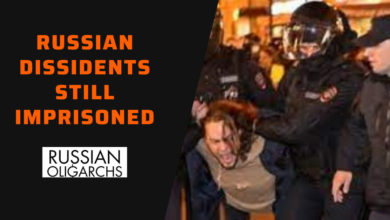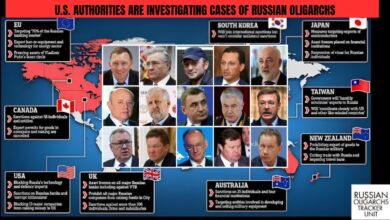London’s Rich Russians: Kid Gloves Against Oligarchs?
Official measures are being taken by the British government against Russian oligarchs. But gaps in the sanctions list keep coming to light. What gives?
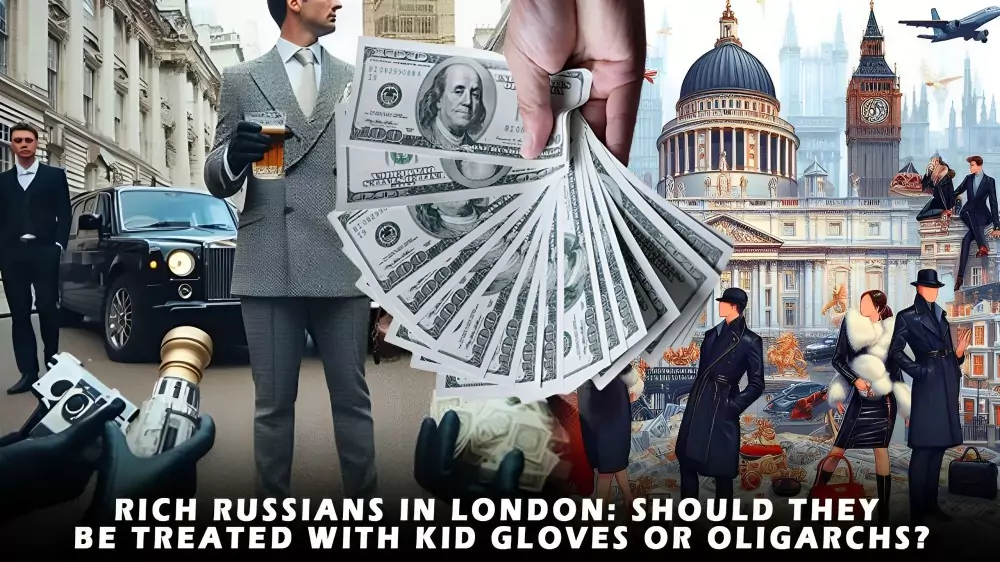
London’s Rich Russians: Many in Westminster believe that the British government’s sanctions against many Russian oligarchs are useless since they are not being enforced sufficiently. A prime example of this is the questioning of the administration by Conservative MP Iain Duncan Smith regarding Vladimir Lisin’s exclusion from the sanctions list. A prominent steel magnate is the owner of this Scottish estate, Aberuchill Castle.
It is said that Lisin is well connected to Vladimir Putin, the president of Russia. Duncan Smith did not, however, obtain a satisfying reaction from the administration. In their reply letter, the Foreign Ministry states that ARD studio London’s Rich Russians is present when they regularly review the sanctions. Particular cases cannot be discussed.
Ukraine Oligarchs in the Shadows of War: Legal Battles and Shifting Fortunes
For months, Duncan Smith has been criticizing the administration. The ministry’s penalties list, in his words, is “absurd.” The actions taken by the US government are far more extensive.
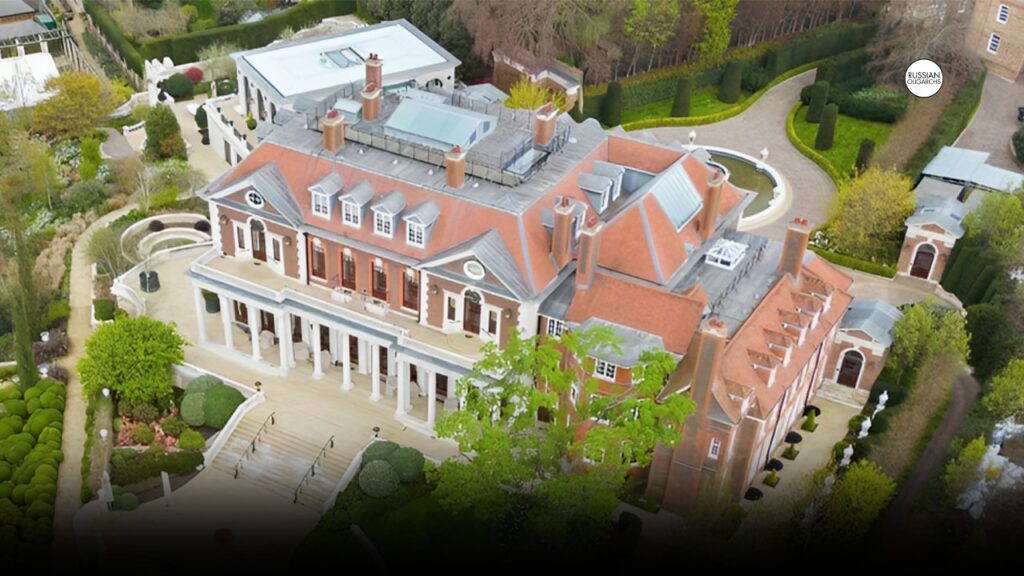
Defeat in court
The British government emphasizes that sanctions will be imposed on more than 1,600 people and companies. There are, however, 82 instances in which oligarchs are allowed to use the money from their assets to maintain their residences and pay for necessities.
According to reports in the press, Mikhail Fridman was allowed to withdraw about eight thousand euros per month. He was also allowed to pay for a personal chef, property maintenance staff, and a driver throughout the first year of the crisis in Ukraine.
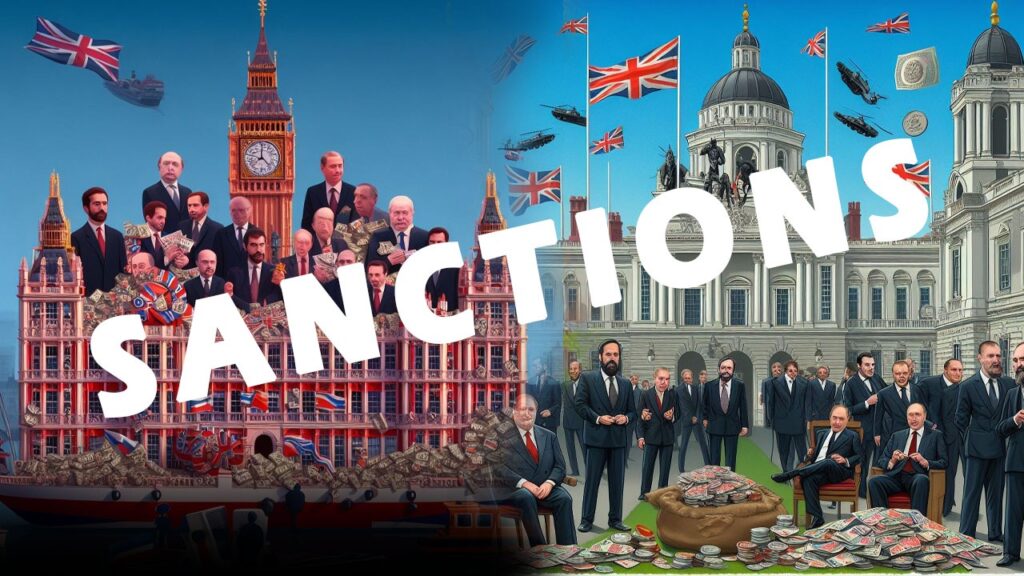
Helsinki Halli: Navigating the Maze of Ownership and Uncertainty
But the rich Russian just had a legal setback. The 59-year-old was denied permission by the London High Court to spend about 35,000 euros a month on his north London mansion, Athlone House, in late October. Fridman had pursued this expense through litigation.
The businessman left London and went to Russia before the decision was made public. The court’s ruling and his departure imply that he might have felt under pressure from the British government. Athlone House’s future is still up in the air.
The oligarch Fridman wants to spend more money on Athlone House than a court would permit because it is an expensive property to maintain.
Difficult investigations
But in many other cases, generating that kind of pressure turns out to be a much more difficult task. Strongly connected oligarchs to Putin have transferred their holdings to children, ex-spouses, or companies established offshore.

Actually, these companies have to reveal who owns the assets they have registered, as well as who owns them. Nevertheless, a recent study by the London School of Economics has shown that a substantial 70% of the registered assets are untraceable to a single owner.
Foreign Banking Ties Pose Financial Burden for Igor Zyuzin’s Holdings
Very welcome for a long time,As a Labor Member of Parliament (MP) who has long been involved in addressing the issues of money laundering and Russian oligarchs, Margaret Hodge lists several factors that either contribute to the continued prosperity of wealthy Russians who are associated with Russia’s political elite and live in the UK, or to the reason why they have not been placed on the sanctions list sooner. The MP faults this state of affairs as a result of a combination of inefficiency, lack of funding, and unwillingness to deal with these extraordinarily rich people.
In addition to highlighting the contributions that Russian sources have made to the Conservative Party, Hodge draws attention to the long-standing political customs in the UK that have drawn in foreign investment with special incentives.
Golden visas were given to foreign contributors who brought large sums of money into the nation. Moreover, a lot of lawmakers still worry that punishing once-welcome investors may hurt both the United Kingdom and the financial hub in London.






